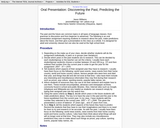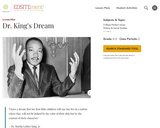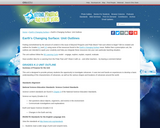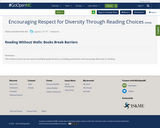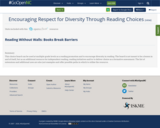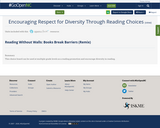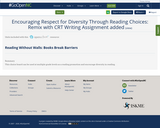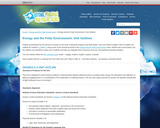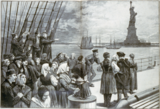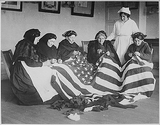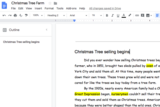
Most people read and understand better when reading print. Usually when we are online, we are jumping around from place to place. To read online and really understand, we need to slow down and really think about what we are reading. In this lesson, students practice strategies to help them read deeply online. These strategies are based on the article in the lesson resources: "Strategies to Help Students 'Go Deep' When Reading Digitally" by Katrina Schwartz.Teacher copies the text from an online article into a Google Doc and shares it with students. Students use the highlighting tool to mark the most challenging vocabulary words and use strategies to determine their meaning. Then they develop a main idea for a paragraph by choosing one, two, three, and finally four words that make up the main idea. They type this above the paragraph and use formatting tools to make it a heading. As they repeat this process with additional paragraphs they are developing a summary of the article in the document outline.
- Subject:
- Reading Informational Text
- Material Type:
- Lesson Plan
- Author:
- KRISTINA THOENNES
- Date Added:
- 07/31/2019
